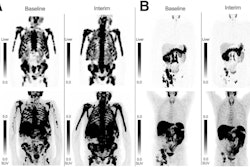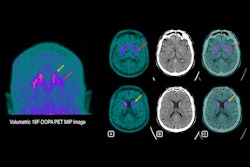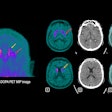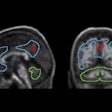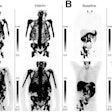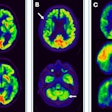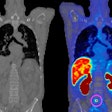The Belgium-based Oncidium Foundation and the International Atomic Energy Agency (IAEA) have partnered to expand access to nuclear medicine, radiology, and radionuclide therapy, with a special focus on providing greater access to alpha therapy for cancer.
Under the IAEA's flagship initiative called "Rays of Hope" (RoH), the agreement is a step toward making advanced targeted radionuclide therapy available to patients in underserved regions, according to the two organizations.
Significant production, regulatory, logistical, and economic barriers limit the global availability of targeted radionuclide therapy, according to May Abdel-Wahab, director of the IAEA Division of Human Health. Oncidium's arrangement with IAEA aims to raise awareness, build capacity, and foster partnerships to expand access globally.
Projects included in the RoH initiative build or strengthen radiation safety legislation and infrastructure and provide quality control, guidance, training, and equipment, according to the IAEA.
The goals of the IAEA RoH initiative also include supporting anchor facilities to further develop educational and research capacities, concurrent with assistance in improving the centers' overall radiation therapy and medical imaging infrastructures.
Oncidium is a nonprofit organization that supports and finances the development of radiotheranostics. The announcement was one of the highlights of the IAEA’s 69th General Conference in Vienna, at which key Belgian partners PanTera, Belgian nuclear research center SCK-CEN (for radiopharmaceuticals production), and the Jules Bordet Institute (for clinical applications) were noted.





